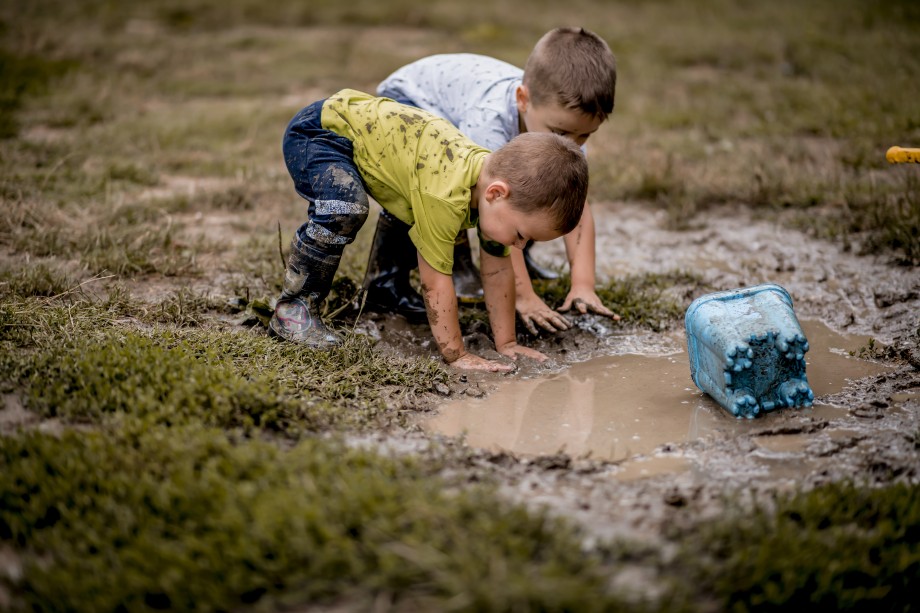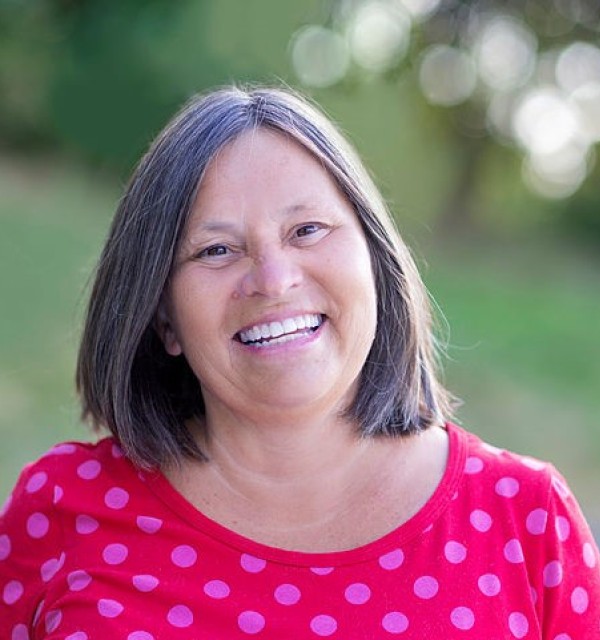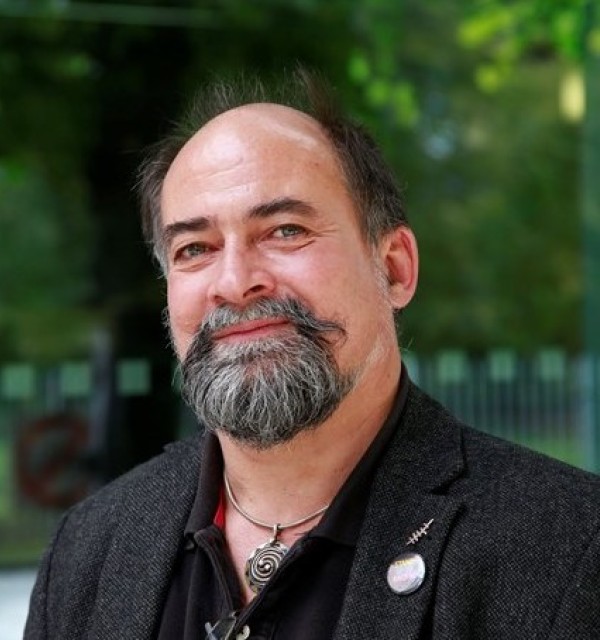FILIORUM-The Centre for Research in Early Childhood Education and Care at the University of Stavanger and the Early Childhood Research Centre at Dublin City University (DCU ECRC) have entered a collaboration on a new research project on Nordic Approaches to Evaluation and Assessment in Early Childhood Education and Care.

Joint initiative
The DCU ECRC-FILIORUM consortium has been awarded the prestigious project by the Nordic Council of Ministers for Education and Research.
The purpose of the study is to shed light on the values and principles that have guided the evaluation and assessment of the quality of early childhood education and care in the Nordic countries: Denmark, Finland, Iceland, Norway, Sweden. The research project will undertake a systematic investigation into the development over time, and the current practice of evaluation in the Nordic countries.
Furthermore, the study will explore whether there is a coherent view on evaluating and assessing the quality of early childhood education and care that can be described as specifically ‘Nordic’, and how this links to the quality and development of early childhood education and care, its pedagogical practices and to the wellbeing, development and learning of children.
The study will be conducted by a team of researchers based at DCU and UiS. It will be jointly directed by Mathias Urban (Desmond Chair of Early Childhood Education at DCU, and Professor (II) of Pedagogy at UIS) and Elin Reikerås (Professor of Early Childhood Education at UiS and director of FILIORUM). The research team will be supported by an international scientific advisory board.
Important for policy makers
– This project is a joint initiative of the Ministries of Education and Research in the Nordic countries. Therefore we anticipate that the findings will form an important basis for future development of policy and practice in the participating countries and beyond, says Elin Reikerås, professor and director of FILIORUM, University of Stavanger.
Professor Mathias Urban, DCU, adds that an increasing interest in Nordic early childhood education and care systems, traditions, values and practices will draw international attention to the project and its findings, with the potential to influence policy at European and international level.
The Nordic tradition
The Nordic countries are known for their tradition and culture of early childhood education and care that differs from other countries. But how, if at all, does this tradition and culture inform evaluation and assessment, and more generally the underlying understanding of ‘quality’? For instance, no Nordic country has opted to participate in the OECD's recent International Early Learning and Child Well-being Study (IELS), an international standardised assessment of five-year olds in a set of learning ‘domains’ (sometimes critically dubbed ‘Preschool PISA’).
No ranking evaluations
Rather than attempting to ‘measure’ or ‘test’ children’ against predetermined outcomes, the Nordic tradition tends to focus more holistically on the quality of the education and care that provided. Such approaches emphasise the role and responsibility of the entire early childhood setting, rather than individual. Reikerås emphasizes that there is a great desire to evaluate the quality of early childhood education and care, but that these should not be ranking evaluations. Urban adds that in order to capture the complexity of early childhood education and care, and to acknowledge its values and practices, a ‘whole-systems’ approach to evaluation is needed.
Expecting to find differences
Although early childhood education and care practice in the Nordic countries has common features across national borders, the project team emphasises that there are certainly also differences. The project aim is to find out whether there is in fact a common Nordic approach, and to uncover what differences exist and how they manifest in practice. The team insists that is important to evaluate the quality of the early childhood education and care, and to learn with and from other countries. However, this should not result in simplistic ranking of countries or ‘league table approaches’.
Early childhood education and care has received a great deal of attention in the last two decades. Both research and public opinion support that the first years of life are important. There is a broad consensus that our first years in life are both very important and, not least, highly formative. It is a period that requires our common attention, which must be taken very seriously.
For more information please contact:
Department of Early Childhood Education
Department of Early Childhood Education

